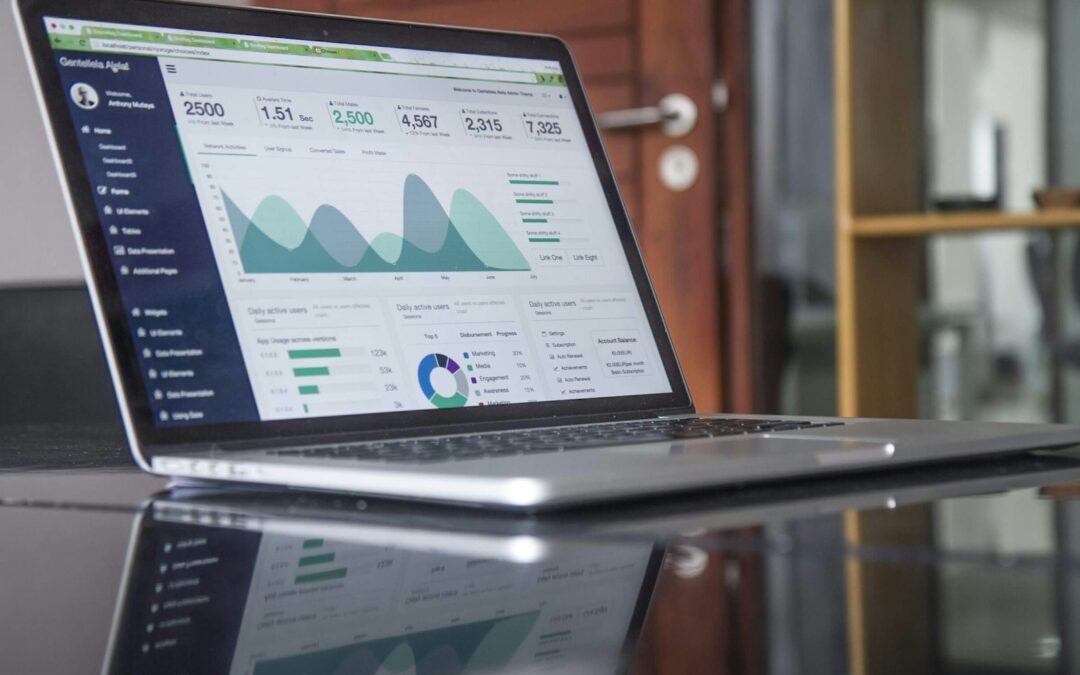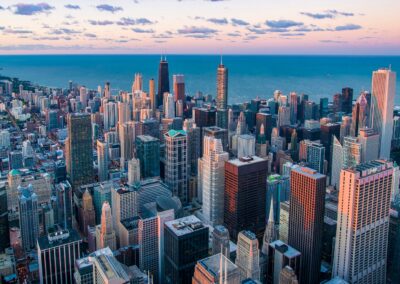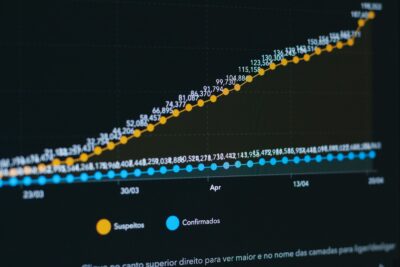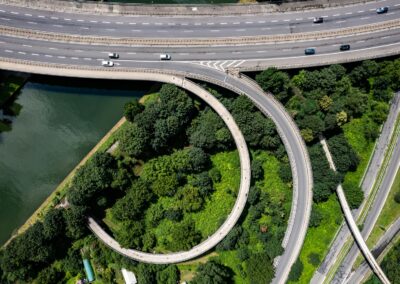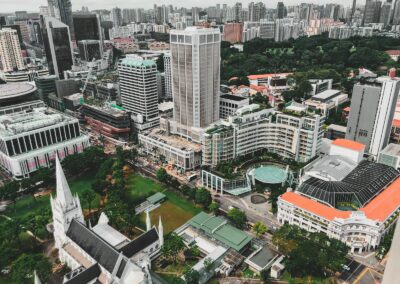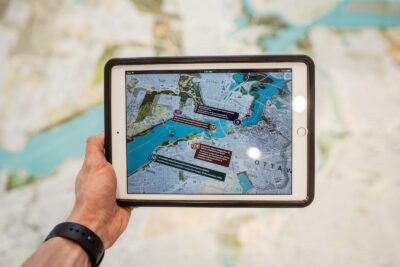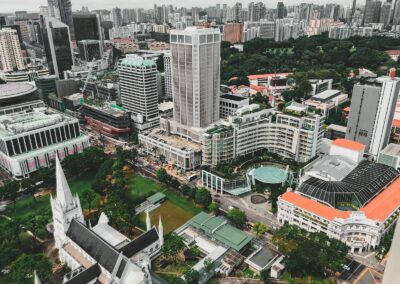Enhancing Urban Planning through AI and Data Analytics
Leveraging AI for Predictive Urban Planning
The integration of AI and data analytics in smart city initiatives is revolutionizing urban planning and development, particularly in forward-thinking regions such as Saudi Arabia and the UAE. Cities like Riyadh and Dubai are at the forefront of this transformation, utilizing AI to predict urban growth patterns, optimize resource allocation, and enhance overall city management. By analyzing vast datasets, AI can provide insights into traffic flow, population growth, and infrastructure needs, allowing city planners to make informed decisions that promote sustainable development.
Predictive analytics, powered by AI, enables city officials to anticipate future trends and challenges. For instance, by analyzing historical data on traffic congestion, AI systems can forecast peak traffic times and suggest optimal routes, reducing commute times and improving air quality. In Riyadh, this technology is being used to design smarter transportation networks that can adapt to changing conditions in real-time. Similarly, in Dubai, AI-driven models are helping to plan the expansion of public services, ensuring that new developments are equipped with adequate infrastructure and amenities from the outset.
Moreover, AI’s capability to process and analyze large datasets quickly means that urban planners can identify patterns and correlations that would be impossible to detect manually. This ability is crucial for developing resilient cities that can adapt to economic, environmental, and social changes. By leveraging AI, cities in Saudi Arabia and the UAE are not only improving their current urban planning practices but also setting a benchmark for future smart city initiatives worldwide.
Data Analytics for Informed Decision-Making
Data analytics plays a pivotal role in smart city initiatives, providing the foundation for informed decision-making and strategic planning. In cities like Riyadh and Dubai, data from various sources, including IoT sensors, social media, and public records, is aggregated and analyzed to provide a comprehensive view of urban dynamics. This data-driven approach enables city officials to understand the needs and preferences of residents, leading to more targeted and effective public services.
For example, data analytics can help identify areas with high energy consumption, allowing cities to implement energy-saving measures and promote sustainability. In Dubai, the use of smart meters and energy management systems has led to significant reductions in energy usage, contributing to the city’s sustainability goals. Similarly, in Riyadh, data analytics is being used to monitor and manage water resources, ensuring a reliable supply for the city’s growing population.
Additionally, data analytics supports effective communication and collaboration among different stakeholders. By providing a common platform for sharing information, data analytics facilitates coordination between government agencies, businesses, and citizens. This collaborative approach is essential for addressing complex urban challenges and achieving the ambitious goals set by smart city initiatives in Saudi Arabia and the UAE. Through the strategic use of data, cities can enhance their resilience, improve public services, and create a more sustainable urban environment.
The Future of Urban Development with AI and Data Analytics
The future of urban development in smart cities will be increasingly driven by the integration of AI and data analytics. As technologies continue to evolve, their applications in urban planning and management will become even more sophisticated, enabling cities to become more efficient, responsive, and sustainable. In the UAE and Saudi Arabia, ongoing investments in AI and data analytics are paving the way for the next generation of smart cities.
One of the most exciting developments is the use of generative AI in urban design. This technology can create multiple design scenarios based on specific parameters, allowing planners to explore different options and choose the most optimal solution. In Dubai, generative AI is being used to design new neighborhoods that maximize space utilization, enhance livability, and reduce environmental impact. Similarly, in Riyadh, AI-driven simulations are helping planners assess the potential impacts of new developments on traffic, air quality, and public health.
Furthermore, the integration of AI and data analytics with other emerging technologies, such as blockchain and the Metaverse, will open up new possibilities for smart city initiatives. Blockchain can provide a secure and transparent platform for managing city data, while the Metaverse can offer immersive experiences for citizen engagement and participatory planning. By embracing these innovations, cities in Saudi Arabia and the UAE can continue to lead the way in smart urban development, setting a global standard for sustainable and resilient cities.
#SmartCities #AI #DataAnalytics #UrbanPlanning #SmartCityInitiatives #Dubai #Riyadh #UAE #SaudiArabia

